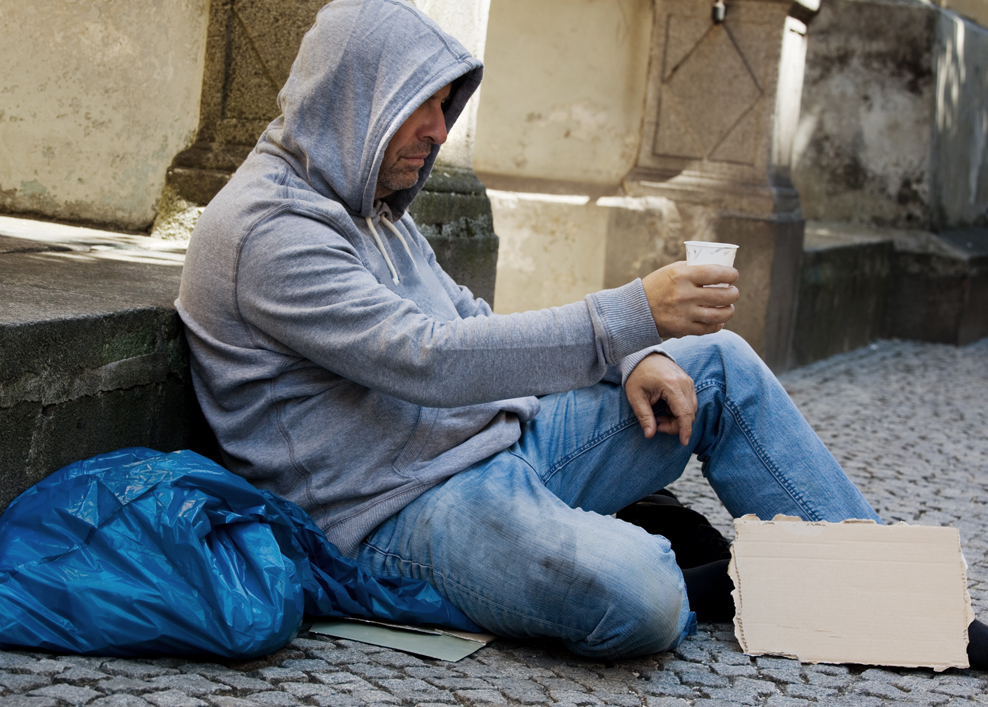
20/11/2019
Homelessness, winter and the struggles against hypothermia
The days are getting colder and the nights are getting longer. Mornings are chilled and the frost is biting; winter is coming and it can’t be ignored. The winter brings some harsh conditions increasing the risk of hypothermia among individuals that are more exposed to the environment.
Hypothermia and Homelessness
There are 2,700+ homeless individuals that are at risk of developing hypothermia this winter in the UK. Each year when winter approaches, increased homeless services are necessary to accommodate the amplified flow of people seeking shelter. Shelters do offer winter services that aim to accommodate a higher number of people seeking shelter during the winter months, some with specific guidelines around timings whereas others merely use a sense of judgement. In some cases, homeless shelters often have no external resource or funding to assist them during the increased demand in winter.
Many of the homeless struggle with a drug or alcohol addiction therefore they become more susceptible to hypothermia. Although efforts are made to try help prevent this, correct resource and equipment is required to support the cold conditions.
What is Hypothermia?
Hypothermia can quickly become life-threatening when a person’s body temperature drops below 35oC, 2oC lower than the norm (37oC). Hypothermia usually occurs from a variety of factors such as spending a long time outdoors, falling into very cold water or living in poorly heated houses.
There are different types of hypothermia depending on the rate the body loses heat:
- Acute hypothermia develops when a person loses heat rapidly
- Exhaustion hypothermia happens when the body is so tired that it can no longer generate heat
- Chronic hypothermia occurs when heat is lost slowly over a longer period of time
Hypothermia more often than not affects the elderly due to their inability to be mobile and the homeless due to the long periods spent outdoors, combined with other contributing factors. Babies are also prone to develop hypothermia as their body’s ability to regulate temperature isn’t fully developed. Certain groups of people who are also more at risk are:
- People with a condition that affects their memory that may not be able to recognise if they're cold or if they have the symptoms of hypothermia
- People who spend long periods in cold weather conditions; for example people who are engaged in outdoor sports such as skiing or hiking
- Heavy alcohol or drug users, as substances affect the body's ability to maintain heat as blood vessels can stay widened, allowing heat to escape quickly
Signs and symptoms
- Exhaustion - Numbness - Cold sensation/shivering
- Pale or flushed skin - Slurred speech
- Decreased mobility - Confusion
In severe cases of hypothermia, the heart, brain and kidneys are at risk of serious malfunction leaving an individual in a life-threatening position.
Precautions to help reduce the risk of hypothermia for the homeless?
Whilst it is rare that people are in a position to prevent someone from being homeless, it could be possible to assist them in seeking shelter, donating food or upcycling old clothing.
Advice in helping reduce the risk of hypothermia includes:
- Ensure suitable clothing is worn to protect the body against the cold such as hats, scarves, gloves and adequately lined clothing
- Keep and carry emergency supplies such as high energy foods, fluids and hypothermia proof blankets or bedding
- Avoid alcohol and drugs that affect mood or the state of body mobility
- Be aware of any signs of hypothermia and help where you can
In emergency cases where storms, severe cold weather or natural disasters strike, homeless shelters are not always equipped with the sufficient resource to help reduce the risk of hypothermia.










